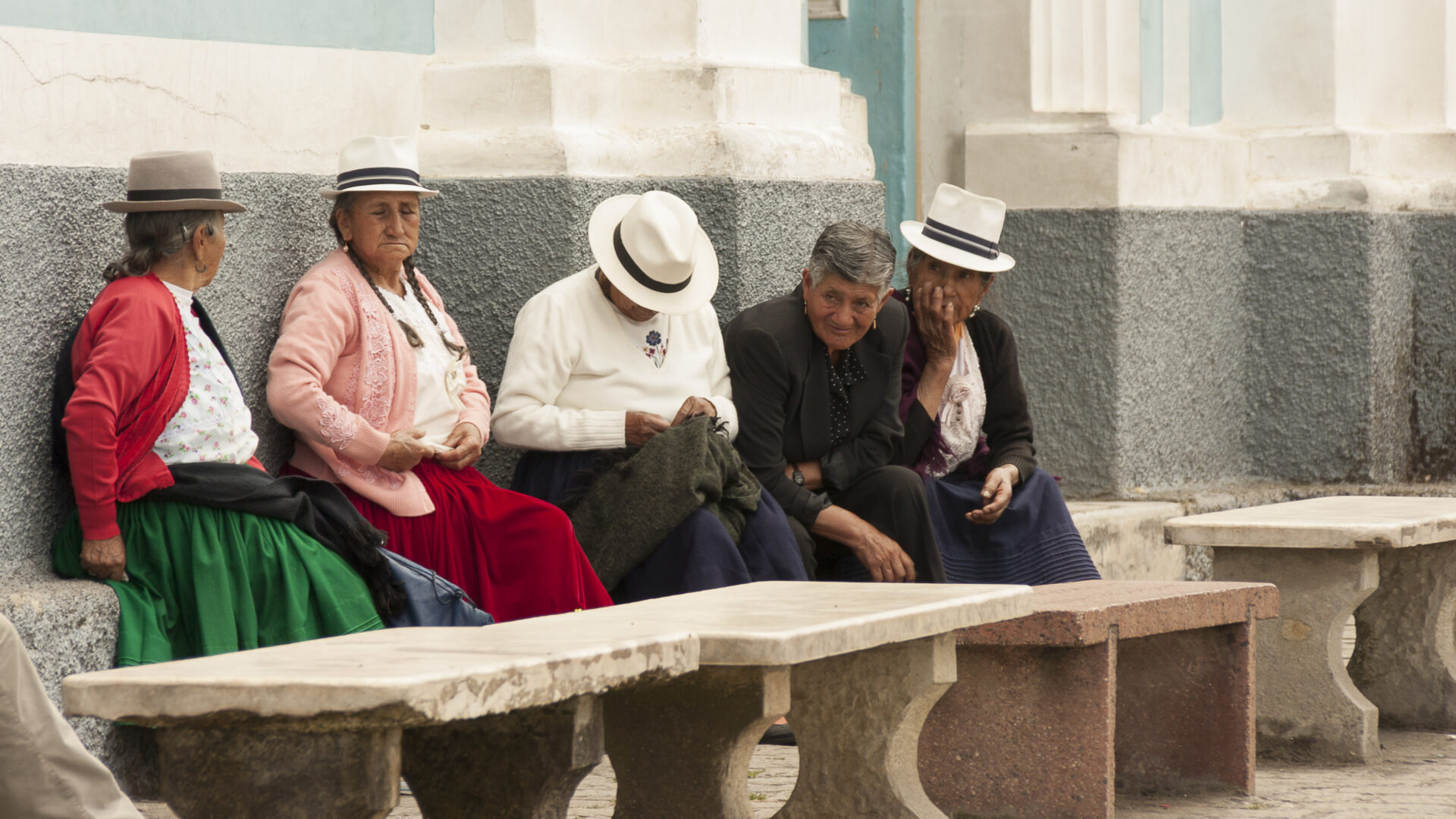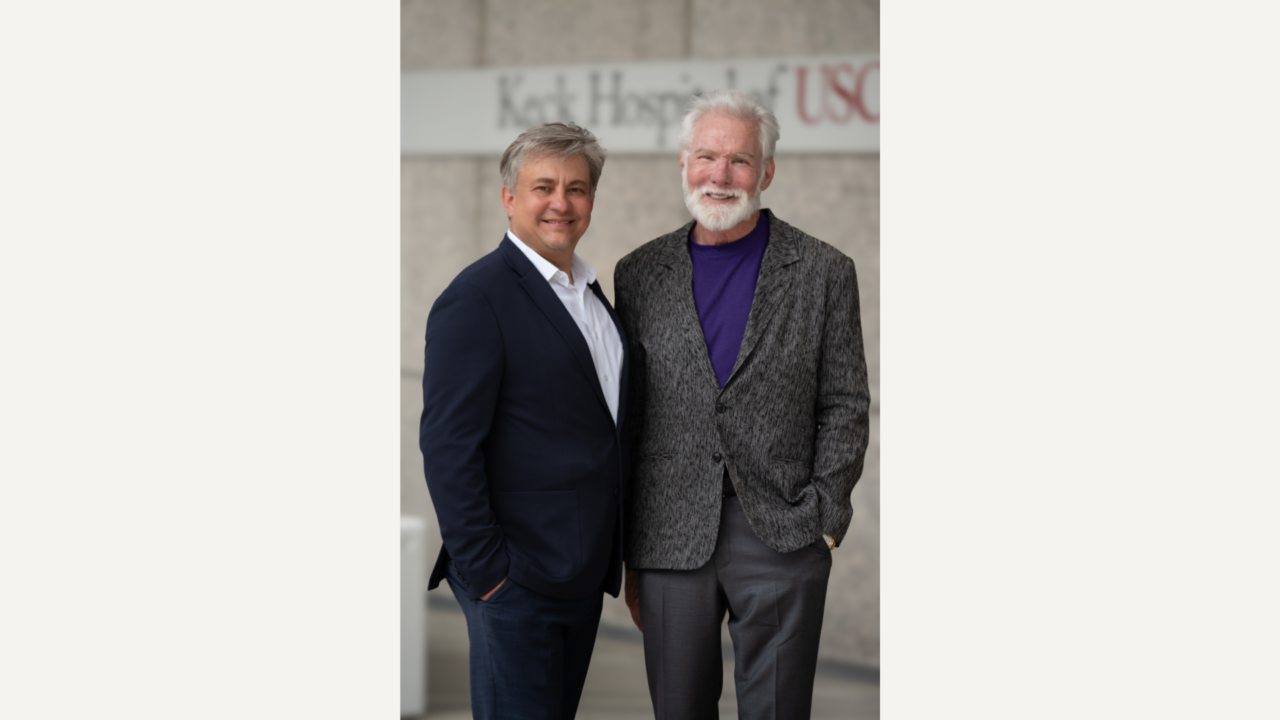By Keck School of Medicine of USC –
As the United States confronts the challenges and opportunities of an aging society, it is equally critical to address similar—if not greater—challenges in the developing world. According to the World Health Organization (WHO), an estimated 80% of the world’s older people will live in low- or middle-income countries by 2050. It is in these countries that opportunities for healthy longevity may be most unequal, limited by lifetimes of disparities related to gender, healthcare, employment, caregiving, and more. Low and middle-income countries are also aging faster than rich countries, giving them less time to prepare for the shifts in health care, social security, employment, and other sectors needed to support an aging population.




